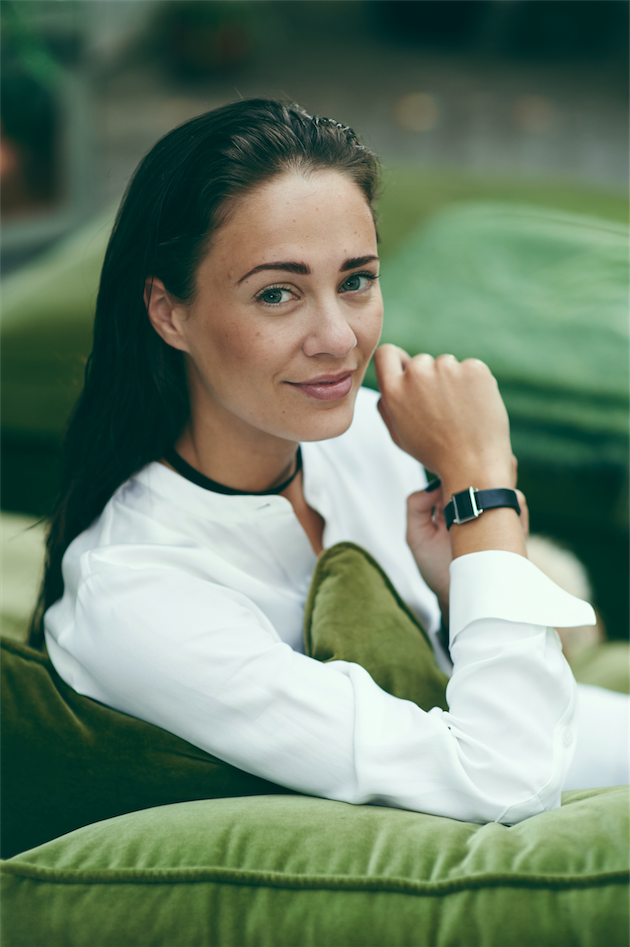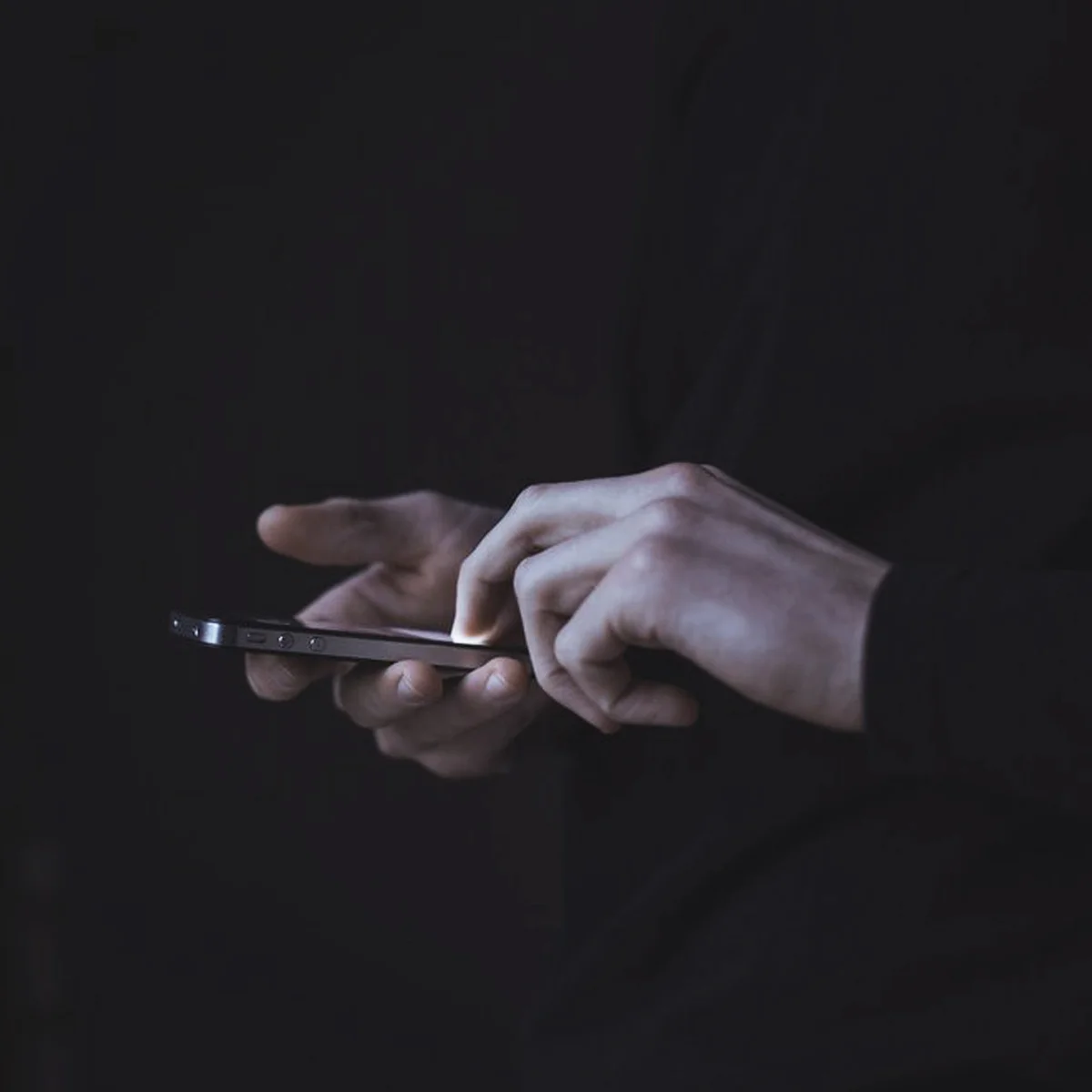Digital Disconnect: Are Smartphones the Perpetual Third Wheel?
The digital age has given us the ability to expand our networks, exponentially increasing our chances of meeting new people. It’s empowered us to fall in love through the ether, surpassing barriers of distance or time. On the one hand, our smartphones give us a means to cultivate intimate relationships by staying constantly connected. But on the other hand, our devices abruptly disrupt our most intimate moments. They’ve acquired a permanent place in the bedroom and on the dining room table. They substitute real life conversation, eye contact and our ability to stay present with those we care about most.
There’s no doubt that digital devices have a strong impact on the way we bond as humans– especially for younger generations, for whom connecting IRL is becoming a thing of mystery. Recent research suggests that 70% of people felt their digital devices, both smartphones and computers, interfered with their intimate relationships. It’s also been reported that that 25% of people in long term relationships feel technology causes distraction between their one-on-one time with their partner. In fact, this accounts for almost half of people in long-term relationships in the 18-29 year old category.
"Let’s face it: even a best friend can be an annoying third wheel, particularly when they are an omnipresent source of neediness."
Interested to better understand the effect that smartphones have on modern relationships, we asked 79 non-singles to tell us what role their digital devices play in their romantic relationships. Digging beyond the stats, we wanted to understand how they as a couple deal with digital disruption. The verdict? A bunch of mixed feelings.
Constant Connection
From planning dates to coordinating errands on the go, our respondents told us that smartphones, quite understandably, benefitted their romantic relationships by allowing them to maximise the quantity and quality of the time they spend together. While riding the bus home from work, we can be jointly drafting a shopping list or deciding on plans for the weekend, ticking items off our to-do lists before arriving at home. Read something funny that made you think of your partner? We no longer have to hold it in our minds until the end of the day, but instead can share it instantaneously with the touch of a button.
Long distance relationships became more manageable, no longer constrained by pre-planned phone calls calculated across time zones. Instead, our smartphones, and the accepted etiquette of using them at work and at play, allow long distance couples to stay constantly connected.
And for a fast-growing part of the population, dating apps and services have been an accepted way to meet their significant others, often on the fly. For those whose digital devices have acted as their matchmaker, technology is an indispensable part in their relationship.
Distraction & Neglect
Of course, this does assume that we act mindfully enough toward our digital habits to create the necessary space and attention for our partners. Many of those couples we heard from linked digital devices to relational neglect, particularly because of their nature to frequently interrupt.
What started for some as annoying disruptions that “create distance” grew for others into much more serious problems, with some claiming that they “forget to communicate” or found it “easier now not to interact”. We know technology has a strong addictive element, and some people saw their partner’s distraction as something “subconscious”. Still, others saw it as a “chosen distraction”, more a product of manifested habits and neglect.
Mismatched
So is it a bad thing to frequently reach for our digital devices when spending quality time with people we love? Some couples we spoke to didn’t seem to think so. In fact, they felt they were really good at spending time on digital devices together. These couples tended to be the ones who naturally had similar digital habits and who, therefore making it a non-issue in how they related with one another. “If only one of us used devices heavily, I can see how it could be an issue,” one respondent shared, “but it works well for us.”
But the opposite is also true. It seems our smartphones mostly get in the way when couples are mismatched in their digital habits and time spent online– especially when neither one makes any effort to adapt. As expected, mismatched habits bring about feelings of frustration, resentment and exasperation. And for those who had brought this up with their significant other, trying and failing to make changes in how they interact with technology together led to disappointment and resignation.
Relationship Rules
On a more positive note, many of the couples we heard from have successfully implemented changes in their digital habits after noticing how it was affecting them. Some of these changes were loosely agreed “common sense” rules regarding basic courtesy towards each other and better real life communication. Other couples in our study wrote much more strictly defined rules, like “no technology at the dinner table” or “keep phones away on date nights”, and even “no phones allowed in the bedroom”. Some even went as far as to create a written contract.
The adoption of digital devices is one that has influenced all corners of modern society, and will only continue to do so. We should question what effects this has on our personal relationships– does technology enable us to build on our connections? Or is it causing us to become less empathetic and less able to look each other in the eye for human conversations?
Clearly, it’s not so black and white. There seems to be one common thread that recurs in most of our Lab’s research: when we look at the relationship between human wellbeing and technology, the negative impacts are just as much a human problem as they are a technological problem. Without the right etiquette and values toward how we use the modern gadgets that guide us through our days, we risk losing sight of what’s most important to us. It’s something to think about next time you reach for your phone in the morning before acknowledging the person next to you, or having part of your brain focused on what might be on your phone while they’re telling you about their day.










